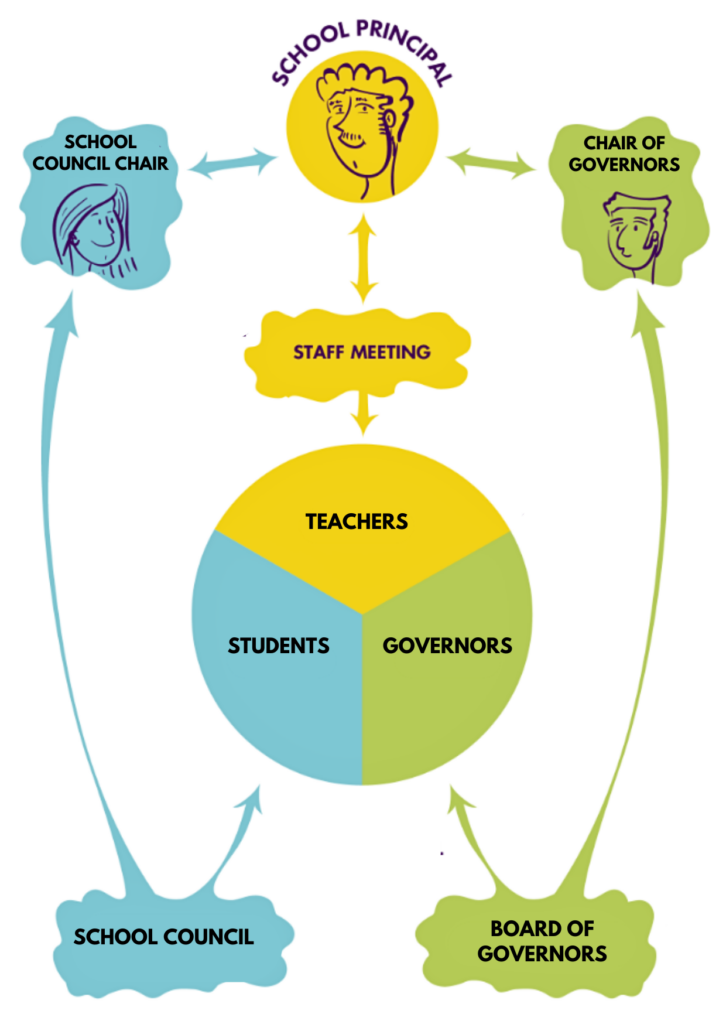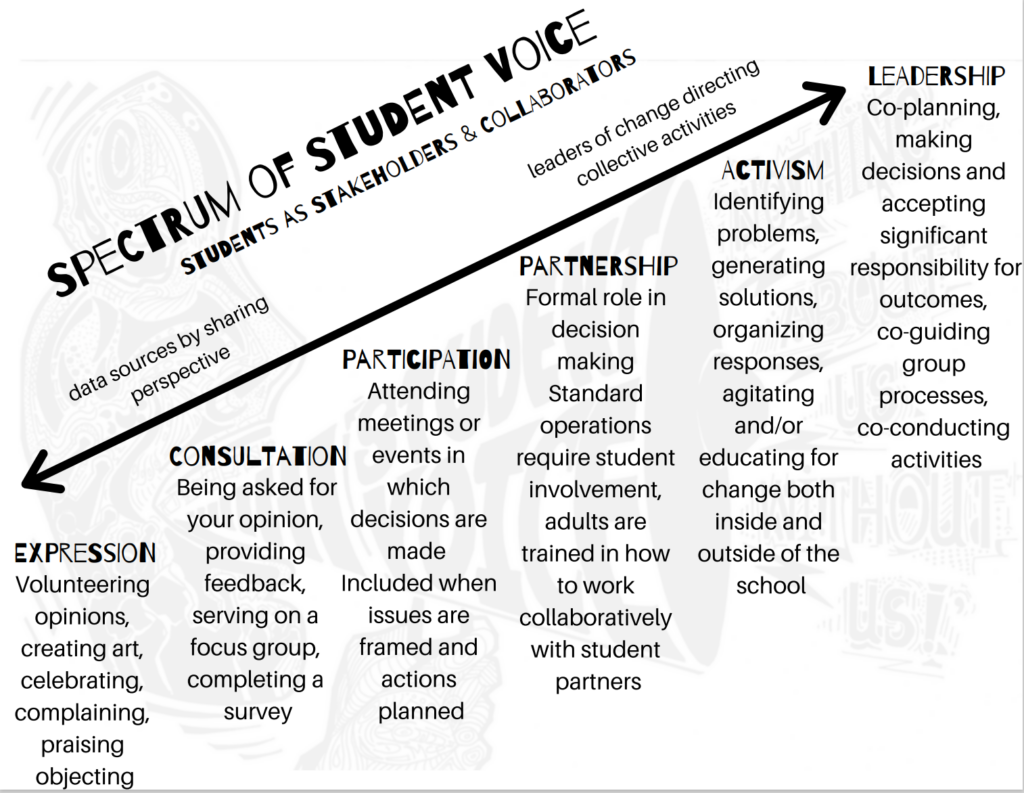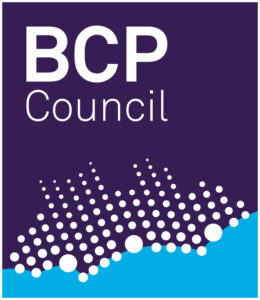Empowering Student Voice: Student Resource Page
Empowering Student Voice: Student Resource Page

Welcome to our Empowering Student Voice: Student Resources area. Below you will find a range of useful information and resources that relate to student voice in schools and beyond. These resources will be particularly useful if you are currently a member of a student council or would like to be in the future. They will also be of interest to anyone wishing to get involved in other forms of student/youth voice activity.

Local and National Youth Voice
There are lots of opportunities for young people to share their voice both locally and nationally. This section explores some of the opportunities that are available to you.
The UK Youth Parliament is a group of young people aged 11-18 who are elected to represent their local area at the House of Commons. Members of Youth Parliament campaign for the issues that young people have identified as important social topics.
The voice of students will be crucial in your local area and there are some fantastic opportunities to get involved with. The document linked below gives an overview of the opportunities and support available to you on both a local and national scale.

Representative Democracy
Democracy means power of the people. This simply means that citizens of a nation or members of a community all have a right to voice their opinion. However, in the UK it would be difficult to have every citizen attend parliament regularly. Therefore, citizens vote for Members of Parliament to represent them at the House of Commons. This election of an individual to represent others is called representative democracy.
Here is a video that explains a little more about direct and representative democracy:
Schools are their own mini societies. They need to have representatives in place to help as many voices get heard by the people who have the power to make school decisions. It is the role of a school council member to be that representative for other students. Therefore, there might be roles or tasks that you wish to allocate to specific members of your council to act as particular representatives.
Student council members may also take the lead on specific projects or aspects of school life such as caring for the environment or fundraising activities.

School Decision Makers
Student councils are an important part of the school system. This section explores what a democratic school looks like and where you would like your council to sit on the student voice spectrum.
The term governance is used to describe how a school is organised and how the school is run.
There are three important pillars of school governance that allow school to be governed in a democratic way.
They are:
1) Teachers
2) Students
3) Governors
The headteacher acts as the chairperson for these three pillars, supporting them to work well together.
A school has a board of governors or trustees made up of community members from different professions, including parents of students at the school. These governors work together with the headteacher, school staff, students, and parents to make decisions in the best interest of the school.
The image below gives a visual representation of democratic school governance:

The below image provides a visual representation of student voice activities across a sliding scale or spectrum. This can be a useful tool to reflect on where a student council may currently be sitting within this spectrum, whilst also reflecting on where it might like to be in the future.

Source: https://youthadvocacy.us/student-support-student-voice
Gathering Student Voice
One of the main responsibilities of student council members is to gather the voice of their fellow student body. This is very important as it enables students’ views to be represented when making decisions about the running of the school.
There are multiple methods that can be used to gather student voice. See below for some suggestions:
Student surveys – It’s beneficial to post student surveys throughout the academic year. Surveys can help identify the topics that are most important to the student body and the change they may want to see.

Thought boxes – These boxes can be placed all around the school for students to post any topics or issues they would like to be discussed by the student council.

Opportunities for students to meet with council members – This could be during tutor time or in assemblies, allowing you to speak directly with your student body about new ideas or the changes they would like to see at your school.

Student focus groups – If there is a particular topic that requires a little more input, it could be beneficial for the student council to create focus groups with other students. Focus groups enable students to have their voices heard in small group settings.

Publishing meeting minutes for students to access – Putting your meeting minutes in an accessible place for all students can help show the topics the council are currently working on. It might even spark ideas from other students.

It can be useful for student council members to meet and discuss the methods that are the best fit for your school. Creating an action plan will help you to evaluate the methods that you’re currently using, whilst considering any new methods you would like to introduce.
To help you get started, here’s an action plan for your student council to work through.
Having a framework that outlines how to set and achieve goals can be useful for student councils. We have identified some valuable resources that your school council can use to set achievable goals alongside the steps you need to take in order to meet those goals.
SMART goals are a useful method of goal setting. SMART stands for the following:
| Specific | By setting a specific goal it will help you stay focused and keep your goal streamlined. |
| Measurable | Give yourself a target number so that you can keep track of your progress. |
| Attainable | Don’t take on too much. Setting an attainable goal means setting a goal that you can realistically achieve. It’s much better to set a goal that is realistic as you are more likely to achieve it. |
| Relevant | Make sure that your goal aligns with the overall goal of the council. |
| Timely | Set a reasonable timescale to achieve your goal. Give yourself a deadline to keep you on track. |
Here is a useful resource to help you set SMART goals:

Other Useful Resources
This tool, created by Participation People, can be used to help support your youth voice meetings.







